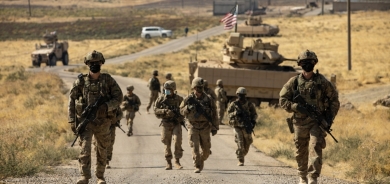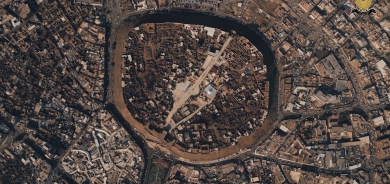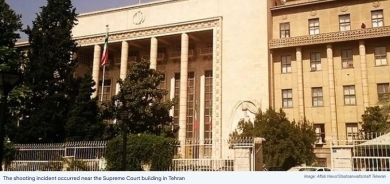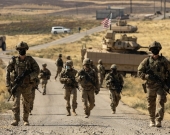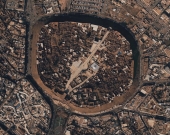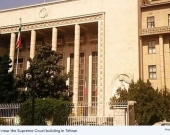Lebanon anti-Syria bloc rejects unity government

Ever since a caretaker government headed by former Prime Minister Najib Mikati resigned nine months ago, political parties have been unable to agree on a new administration.
“Today we propose a government composed of representatives of our camp and of centrists, without Hezbollah,” Fares Souaid, secretary general of the March 14 bloc, told Agence France-Presse.
“We have, in the past, participated in national unity governments [with Hezbollah], made compromises, initiated dialogue to try and convince this party to stop resorting to violence and killing to reach its political goals,” said Souaid.
However, the “killing machine has not stopped,” he added.
Rising tensions
The Friday attack in Beirut came during rising tensions and political crisis in Lebanon linked to its war-torn neighbor, Syria.
Hezbollah has sent thousands of armed men to Syria to back President Bashar al-Assad’s troops, in defiance of repeated calls to keep out of the conflict.
The March 14 bloc was created in 2005, after former premier Rafiq Hariri was assassinated.
Assad’s opponents in Lebanon blame Hariri’s killing and that of 12 other high-profile politicians, intellectuals and security officials on the Syrian regime.
Although an international outcry over Hariri’s assassination forced Assad to withdraw Syrian troops from Lebanon later that year, Damascus has continued to exert significant influence through its allies.
After Mikati resigned in March, pro-March 14 politician Tammam Salam was named to take his place but the country’s deep divisions have prevented the formation of a new government.
Hezbollah has proposed the formation of a national unity government, bringing together its allies, March 14 and centrist ministers – insisting that they must control key departments such as the foreign and interior ministries.
(Al Arabiya With AFP)


